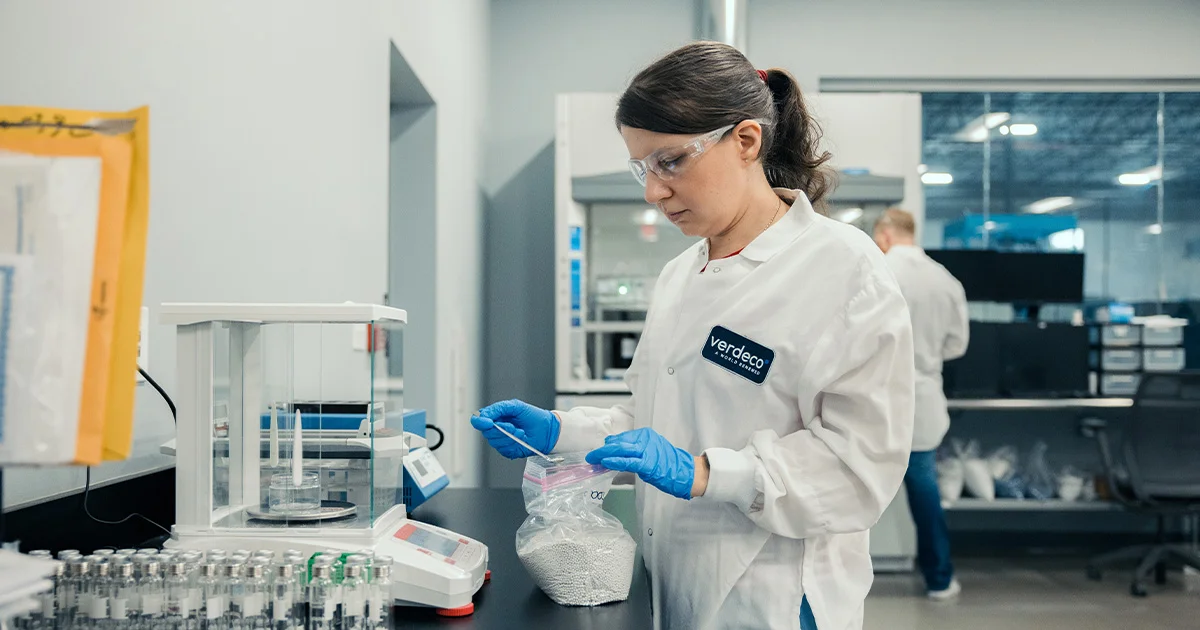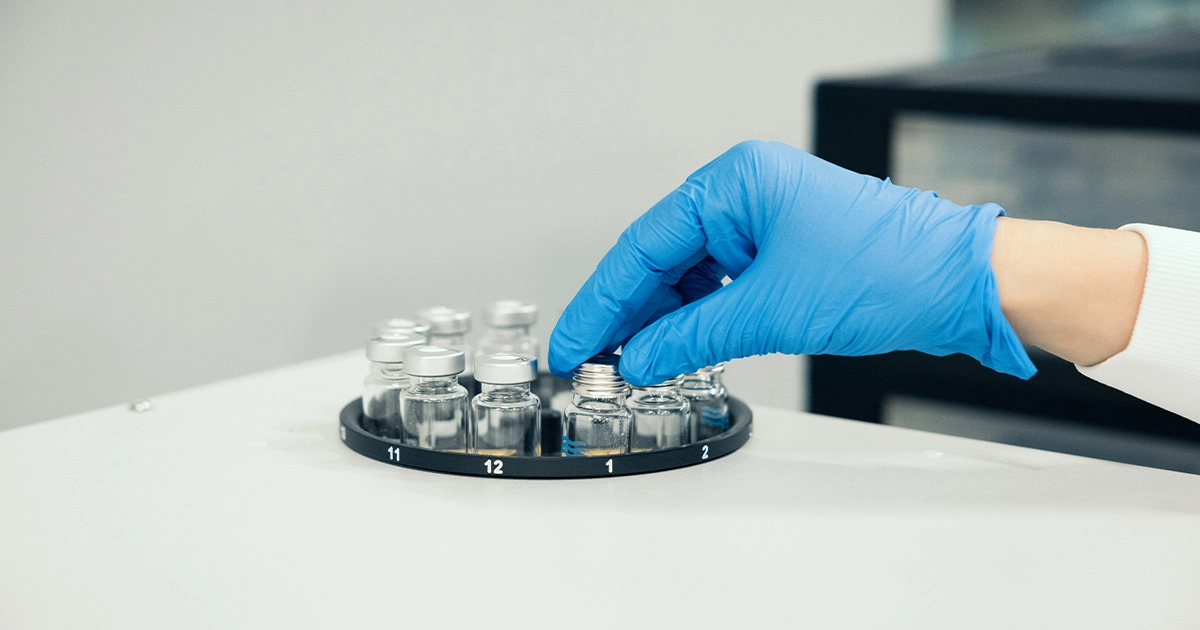Today, 10 of the 50 states in the US have container deposit laws, more commonly known as “bottle bills.” These bottle bill states include California, Connecticut, Hawaii, Iowa, Maine, Massachusetts, Michigan, New York, Oregon, and Vermont. Bottle bills are programs designed to promote recycling and reduce litter by offering consumers 5-10 cents per recyclable turned in at a designated collection site. These states have experienced some notable successes related to their bottle bills, so much success that there has been a recent push to implement a national bottle bill to create a similar system that applies to every state in the union.
In the recycling industry, there is much interest in a national bottle bill because it would provide a domestic feedstock of recycled products for recycled materials. In the past, many companies have promised to use a certain percentage of recycled materials in their products and packaging by a specific year. For many businesses, that designated year is fast approaching. However, many of these promises may be unfulfilled because of a lack of domestic feedstock. While many recycling companies (like Verdeco) source recycled materials from overseas, other businesses seem more concerned with what they can source domestically. A national bottle bill would make it more feasible for these companies to keep their promises.
Details of a National Bottle Bill
Supporters of a national bottle bill first introduced the bill in March of 2021. However, as of the writing of this article, there is still no nationwide bottle bill in the United States. However, this bill could be passed at some point in 2023. The bill has gone through numerous revisions over the past couple of years and gained some notable supporters, including the Ocean Plastic Leadership Network, World Wildlife Fund, and Greenpeace. Currently, a federal lobbying campaign is in the early stages of raising awareness about a national bottle bill.
A national bottle bill would place a 5-cent value on most container types (excluding dairy) that are turned in at a designated facility. These containers would include many of the food and beverage packages that average consumers use on a daily basis, such as single-use water bottles or soda cans. After five years, the value would increase to 10 cents per container. The bill would aim for a 60% return rate after five years in effect, but states that already have a bottle return program would set their sights on a 75% return rate.
So, how would this affect the everyday person? Let’s say you’ve just polished off a six-pack of soda bottles and need to get rid of the containers. If you don’t already live in a bottle-bill state, your only options are to throw the bottles away or recycle them. However, with a national bottle bill, you’d have the opportunity to take those bottles to a designated facility (like a recycling center or grocery store) and receive a small payout in return. You get paid, you keep single-use plastics out of a landfill, and the supply of domestic recycled goods increases. Win, win, win.
Environmental Effects
Let’s get a little more specific about the environmental effects of a national bottle bill by looking at the current bottle bill states. The 10 states that currently have these recycling programs contain 27% of the US population, but they account for almost half of the recycled plastic and glass in the country. In fact, bottle bill states boast twice the glass container recycling rates of states without a bottle bill. States with 10-cent deposits have the highest recycling rates of them all. The states with 5-cent deposits have slightly lower recycling rates, but they are still higher than those without bottle recycling programs.
Not only are bottle bill states keeping recyclables out of landfills, they also experience less of a litter problem than other states. According to a study by Keep America Beautiful, bottle bill states have 50% less litter on land and 30% less litter in their water than states without these programs. Containers account for 40-60% of all US litter, so it’s easy to see why these bills would help keep litter at bay.
rPET Industry Effects
The environment isn’t the only thing affected by a bottle bill. The rPET industry would benefit from a national bottle bill by having a more reliable domestic feedstock of recycled materials. Currently, many rPET companies source their materials overseas because there isn’t enough recycled material available domestically to meet demand. Some industry leaders argue that plastics companies will have difficulty sourcing these recycled materials without more deposit programs in place. The demand for recycled materials is growing, but the domestic supply cannot keep up. While there are plenty of recyclables available overseas, many companies seem to prefer the domestic approach. Businesses want an increased supply of these recycled materials at home before they fulfill their commitments to include more recycled content in their packaging.
Because the effects of a national bottle bill have the potential to be so widespread, unlikely alliances have formed between companies in the packaging industry and various environmental groups. Although the common ground seems surprising at first, it makes sense when you consider the inherent benefits of the proposed bill. It would help businesses in the industry by providing a cleaner source of recycled materials, and it would make environmental groups happy because fewer recyclables end up in landfills or on the roadside as litter.
Where Does This Leave Us?
Let’s review the facts:
- Many companies have promised to have more recycled material in their products and packaging by a specific year.
- For these companies, their promised “year of change” is fast approaching.
- Many businesses are waiting to make changes because of the lack of domestic supply of recycled materials.
- While there is plenty of supply internationally, the domestic supply of recycled products cannot keep up with the domestic demand.
So can a national bottle bill increase the domestic supply?
Many people believe it can. But even with all of the potential benefits, a national bottle bill would also have some drawbacks. As a result, the topic tends to be a hot-button political issue. Some skeptics pose feasibility questions, including:
- How will this program be paid for?
- Will individual states have control?
- Will protocol change for the states that already have a bottle bill?
- Where will people turn in recycled goods?
Undoubtedly, there is a lot to consider when it comes to the implementation of a national bottle bill. But we’re curious to know what you think. Is a lack of supply enough of an excuse for companies not to keep their promises? Would a national bottle bill fix the fast-approaching issue? Are there other solutions that we should consider?
To learn more about Verdeco and how we’re changing the world, visit verdecorecycling.com.



